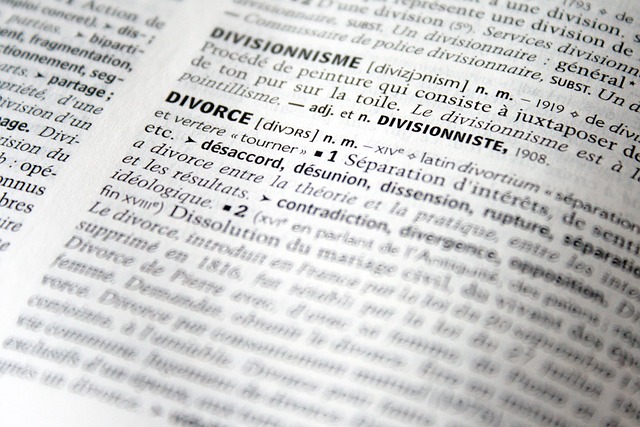When building a personal injury claim, selectively gather evidence like witness statements, police reports, and expert opinions to prove liability and damages directly related to your case. Avoid including extensive medical records or unrelated scenarios. An experienced attorney can guide you on using clear, factual evidence to strengthen your claim effectively.
When building a strong case for a personal injury claim, it’s crucial to know what evidence to leave out. This article guides you through three key elements to exclude from your collection of proof. First, avoid including irrelevant medical records that don’t pertain to the injuries sustained in the incident. Second, keep unrelated legal cases separate to maintain focus. Lastly, steer clear of speculative testimonies offering unverifiable or uncertain information. Mastering these exclusions enhances the credibility and impact of your personal injury case evidence.
- Avoid Irrelevant Medical Records
- Exclude Unrelated Legal Cases
- Do Not Include Speculative Testimonies
Avoid Irrelevant Medical Records

When gathering evidence for a personal injury case, it’s crucial to focus on materials that directly support your claim. Avoid including irrelevant medical records in your submission as they can distract from the main issues at hand. Medical history is essential for diagnosing and treating injuries, but it may not be persuasive in proving liability or the extent of damages sought in a personal injury case.
Instead, direct your efforts towards gathering relevant documentation like witness statements, police reports, photographs of the accident scene, and expert opinions that connect the incident to the defendant’s actions or defective products. For instance, if the case involves elder abuse, focus on records that highlight the care facilities’ negligence and its direct impact on the victim. This strategic approach ensures your personal injury evidence is both compelling and legally pertinent.
Exclude Unrelated Legal Cases

When building a case for personal injury, it’s crucial to focus solely on relevant evidence that supports your specific claim. One common pitfall is including unrelated legal cases as part of your evidence. These may include previous wrongful death claims, property damage claims, or even insurance disputes from different scenarios. Such information can be misleading and irrelevant to the current case, potentially weakening your argument rather than strengthening it.
Judges and juries need to understand the direct connection between the incident in question and the damages sought. Presenting cases that don’t align with yours can confuse the issues and lead to unnecessary delays. Stick to evidence that directly relates to your personal injury, such as medical records, witness statements, and photographs of the scene, to ensure a clear and compelling case.
Do Not Include Speculative Testimonies

When building a case for a personal injury claim, it’s essential to understand what evidence is admissible and relevant. One common pitfall is including speculative testimonies in your presentation. These are statements or opinions that aren’t based on concrete facts or evidence; instead, they rely on assumptions or possibilities. For instance, a witness claiming “the defendant must have been speeding” without any direct observation or data to support this is considered speculative.
A personal injury consultation with an experienced attorney in Boca Raton, FL, can help you navigate these complexities. Remember, the goal is to present clear, factual evidence that supports your case. Avoid including testimonies that fall short of this standard—especially when it comes to assessing damages or determining liability. Focus on concrete details and avoid speculation, as it may weaken your claim and lead to an unfavorable outcome, especially in cases involving caregiver abuse or other sensitive matters.
When building a strong case for a personal injury claim, it’s essential to carefully curate your evidence. Avoid including irrelevant medical records that do not pertain to the specific injuries sustained in the incident. Steer clear of unrelated legal cases that may mislead the jury or judge. Additionally, refrain from presenting speculative testimonies, as they hold little weight in court. By adhering to these guidelines, you can ensure your personal injury case is well-supported and focused on the relevant facts.






